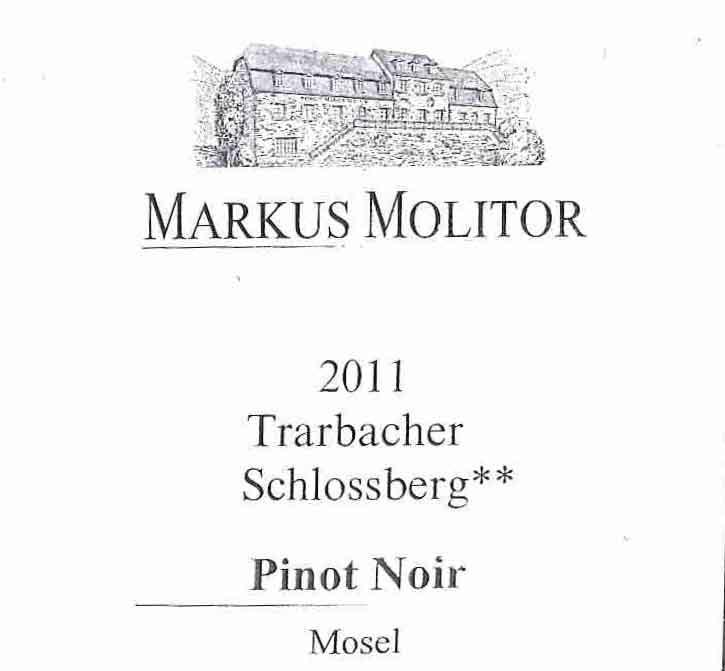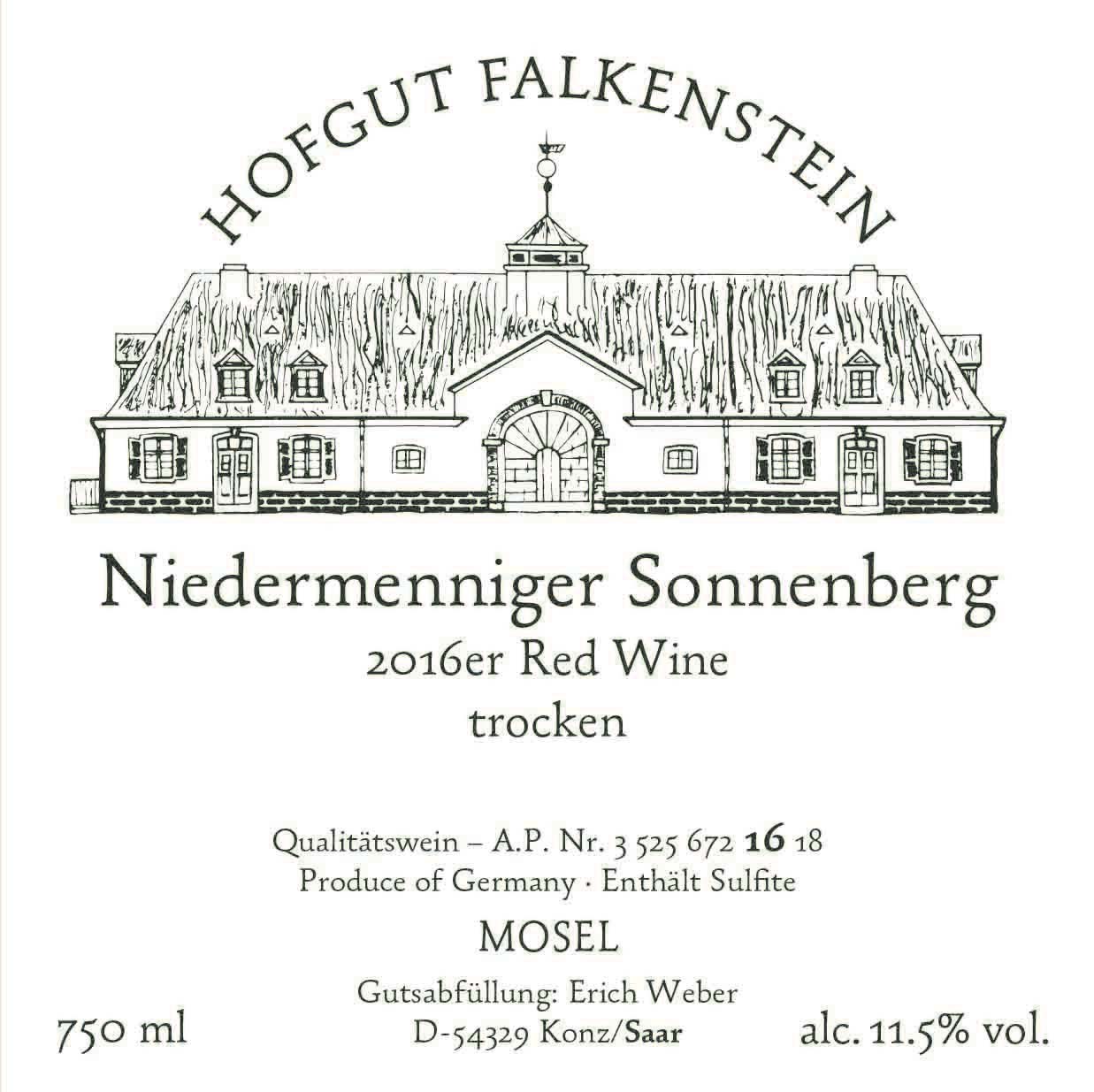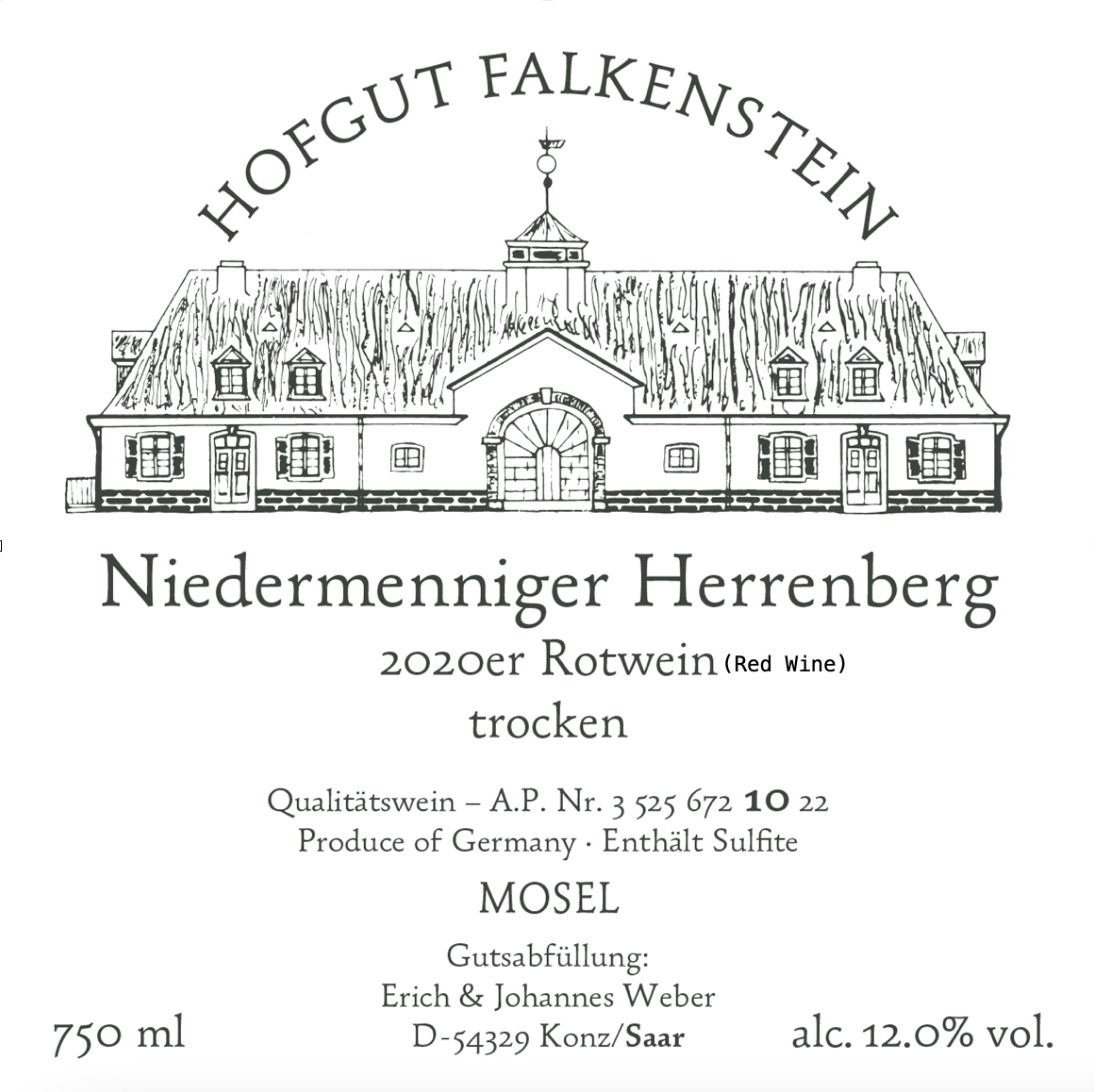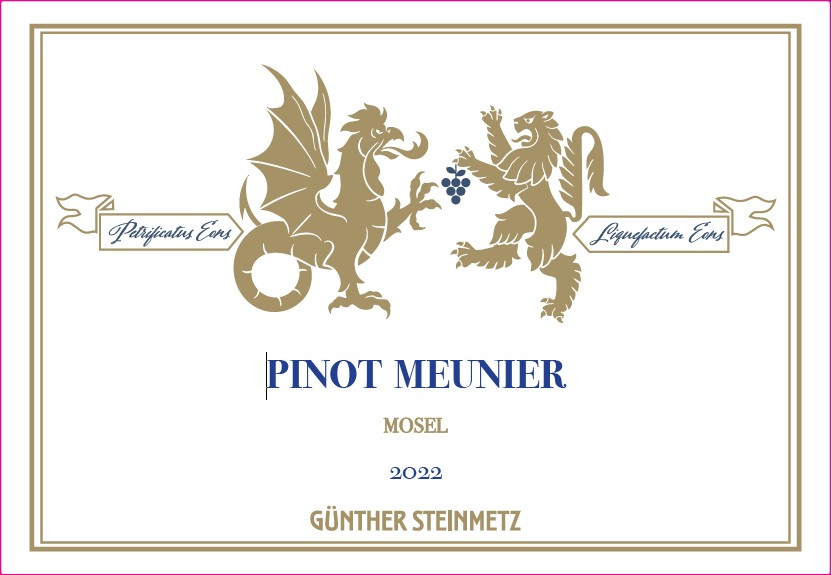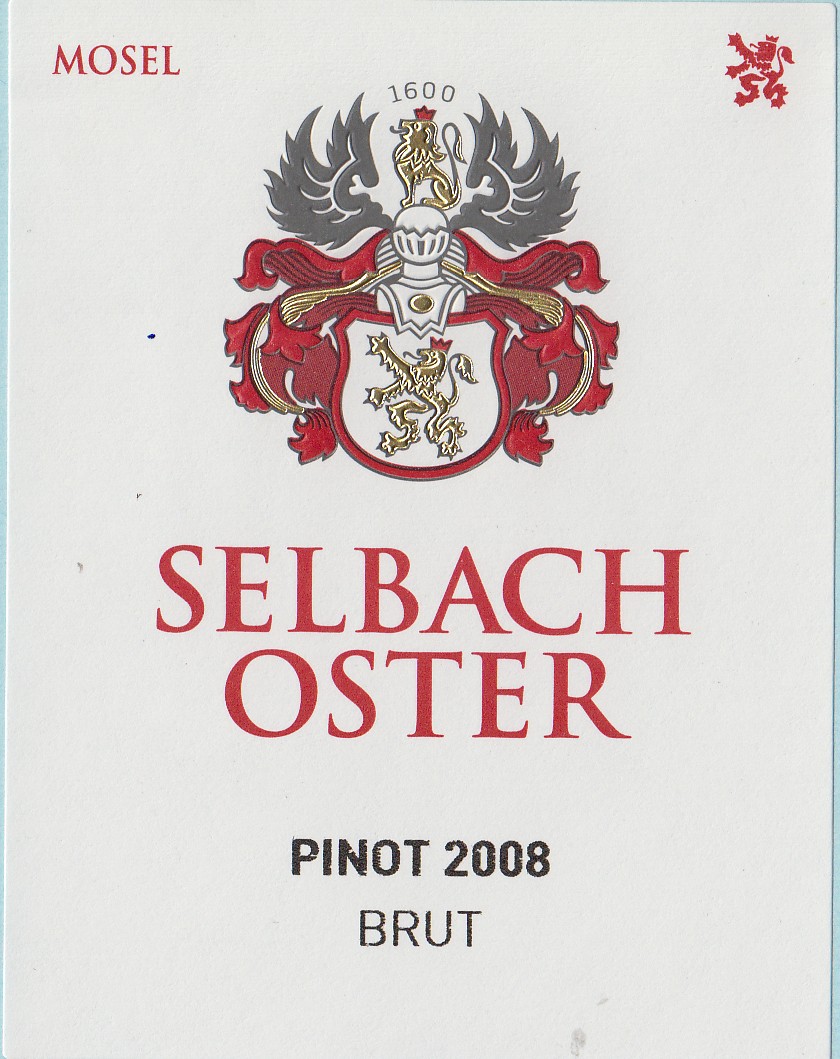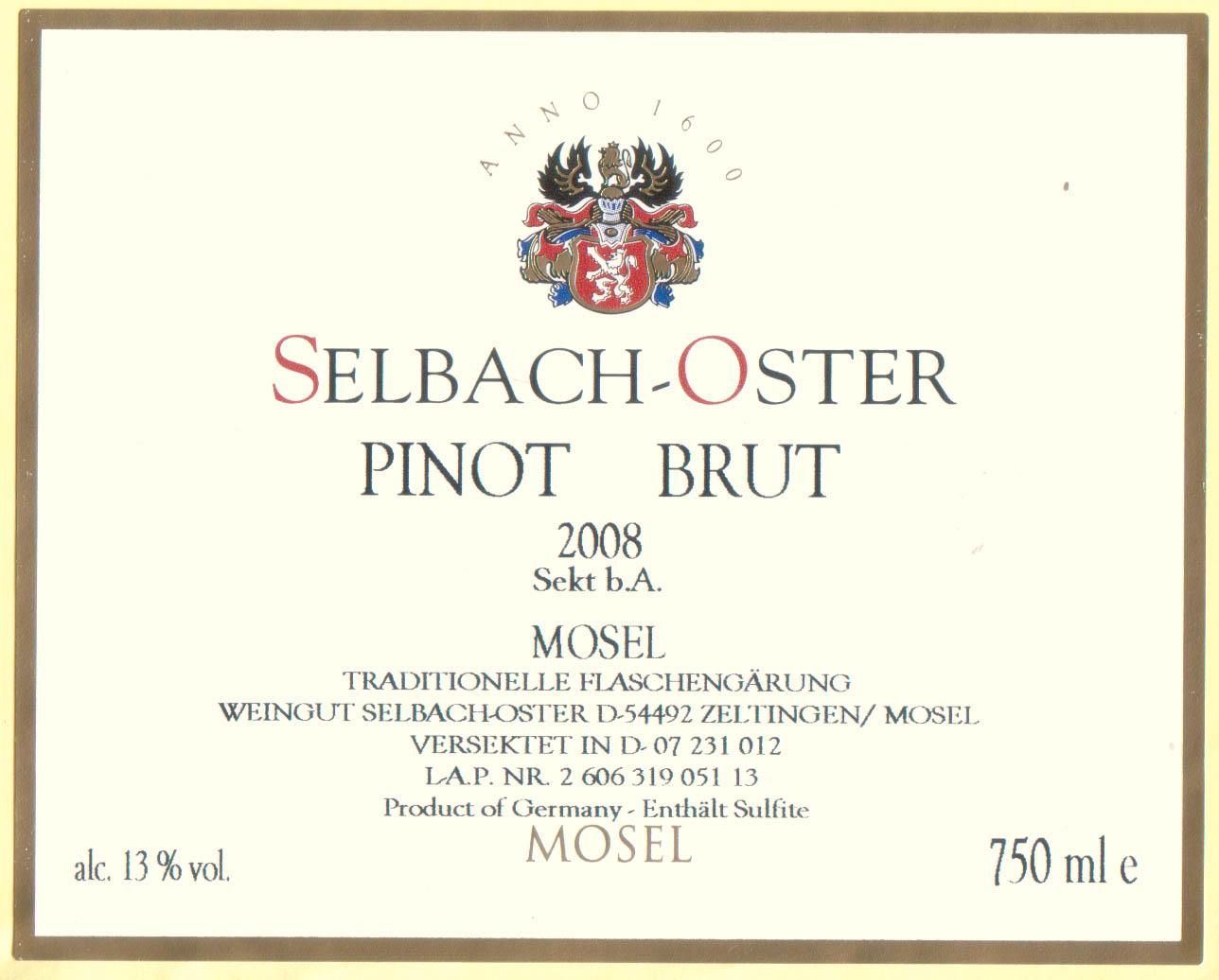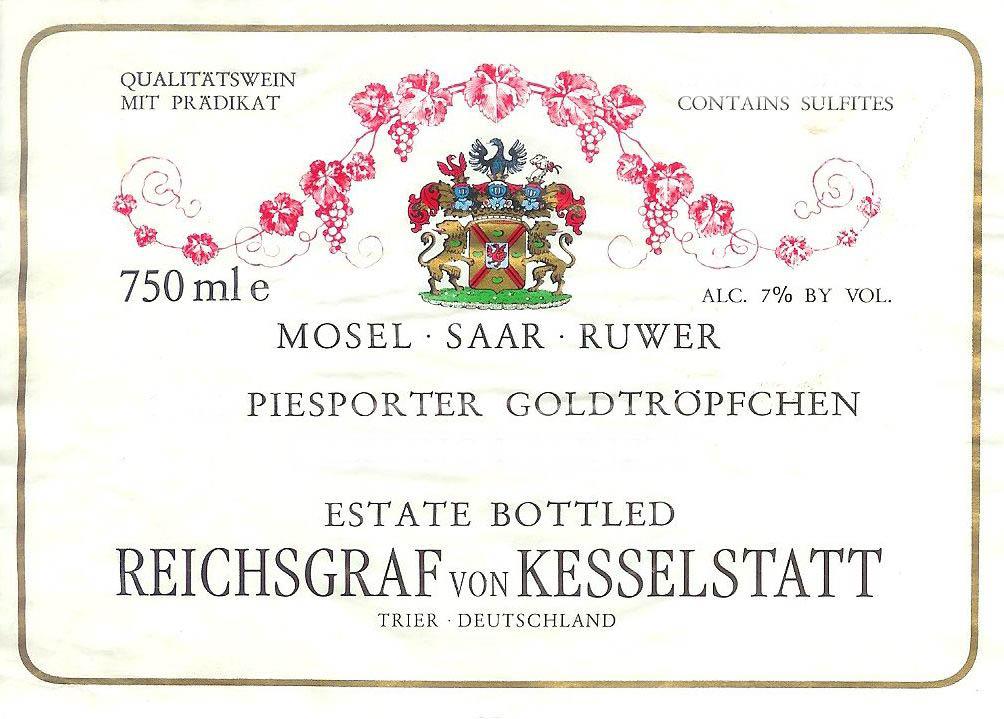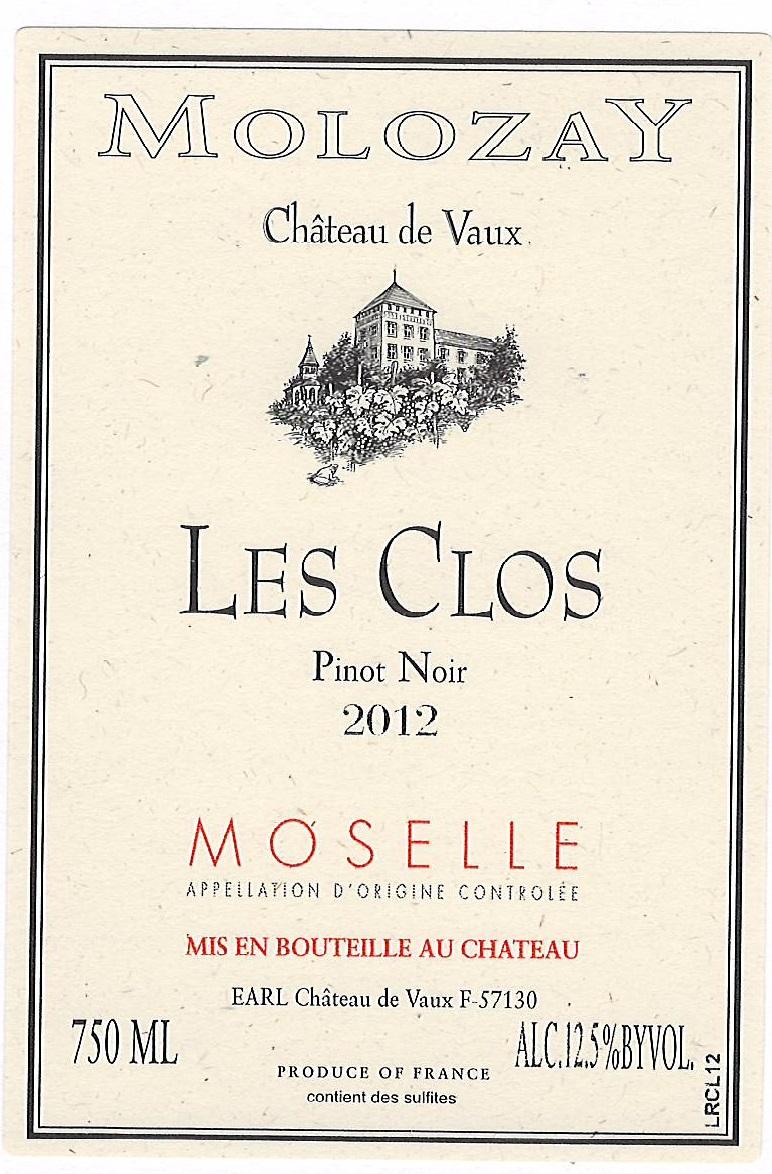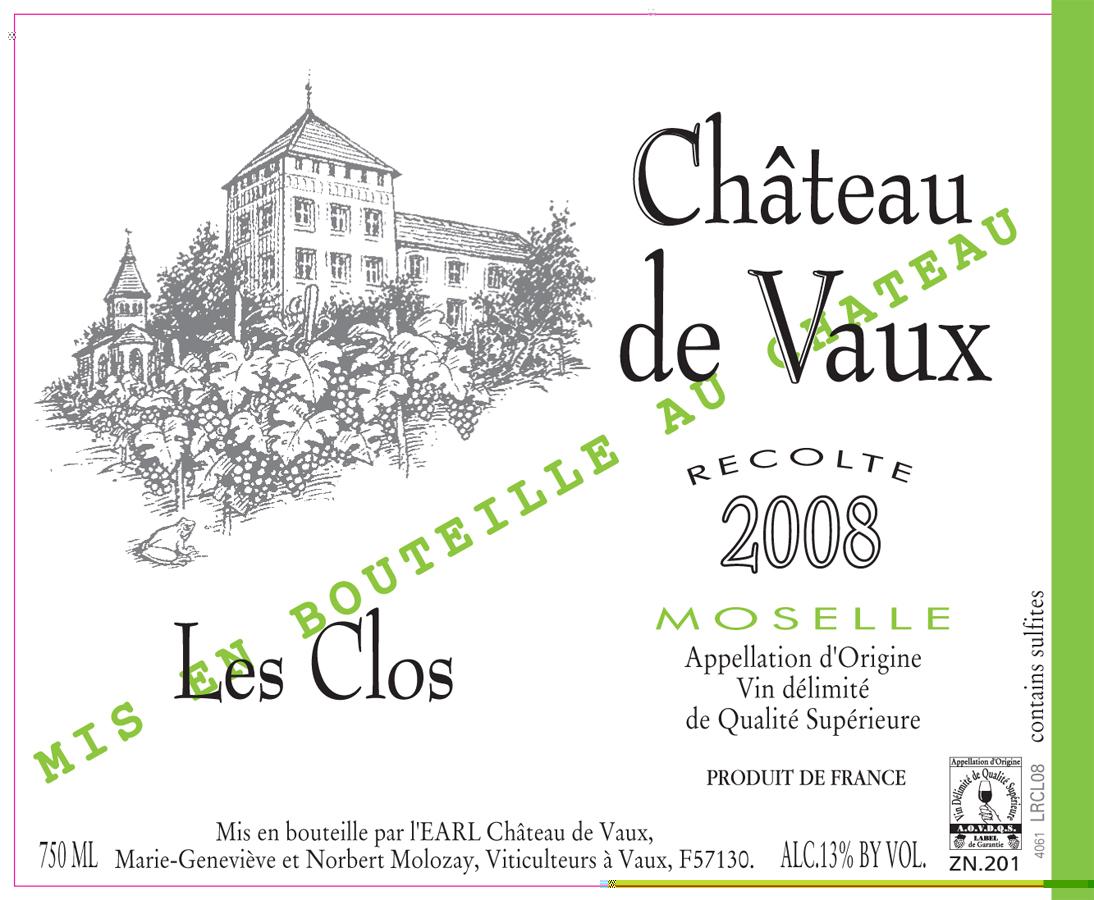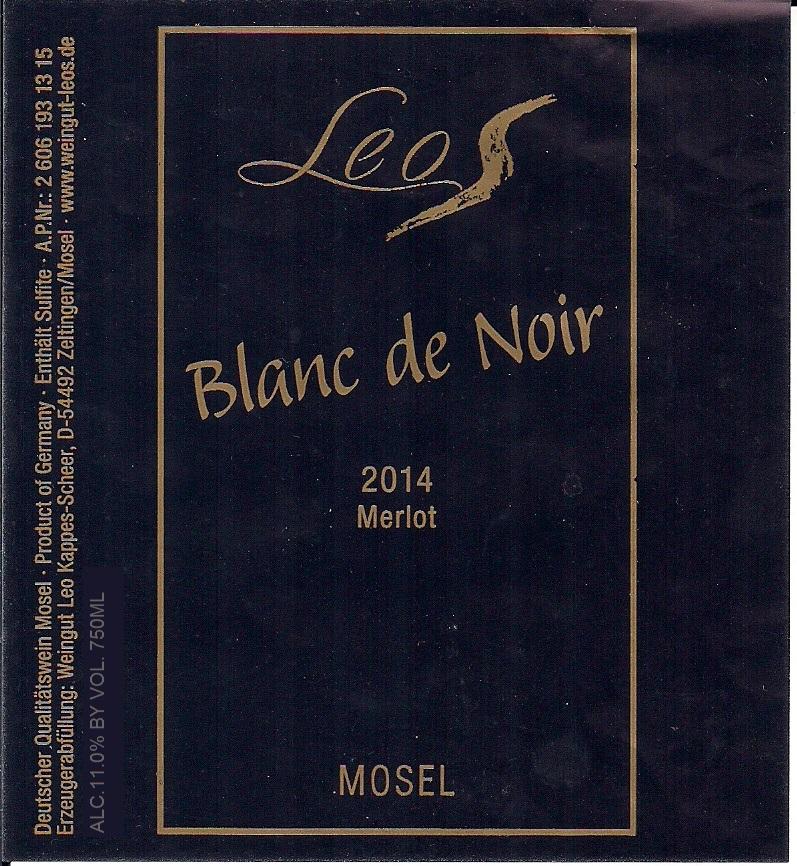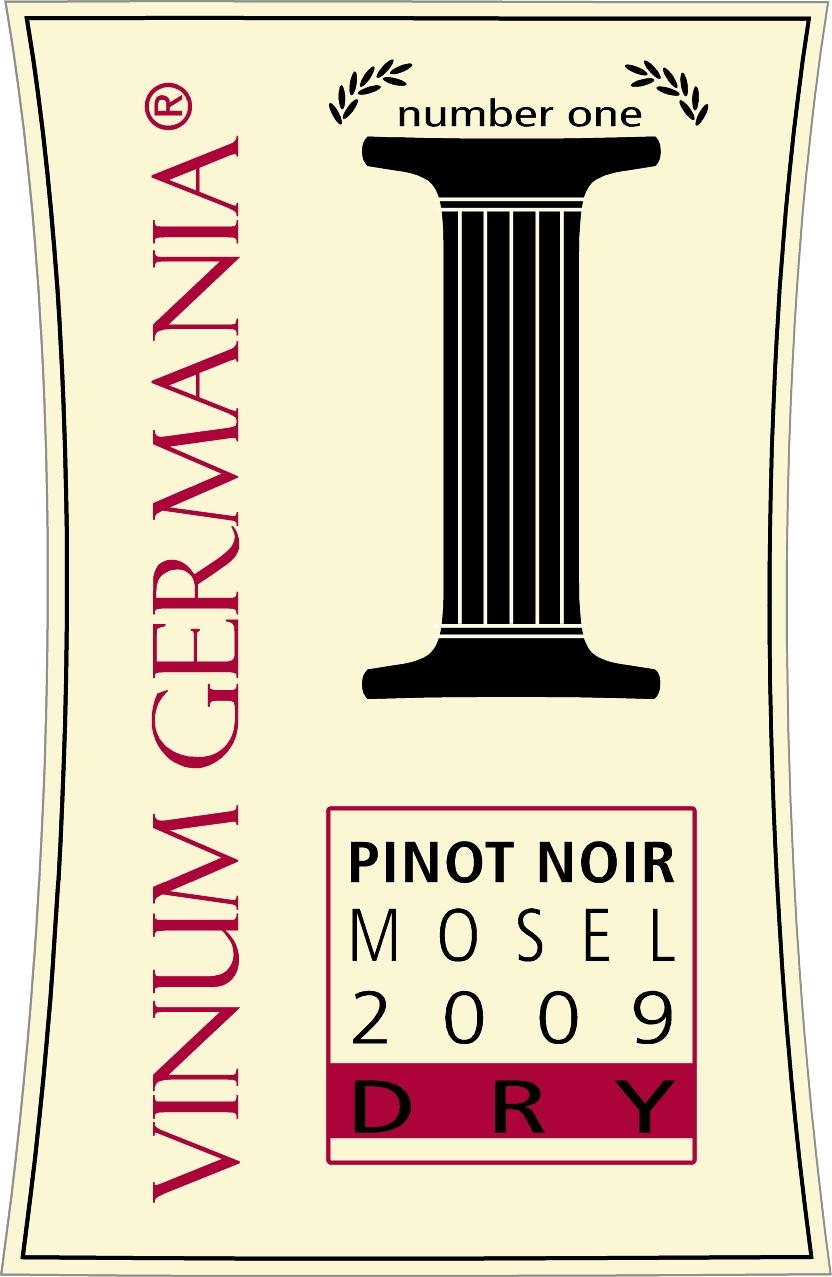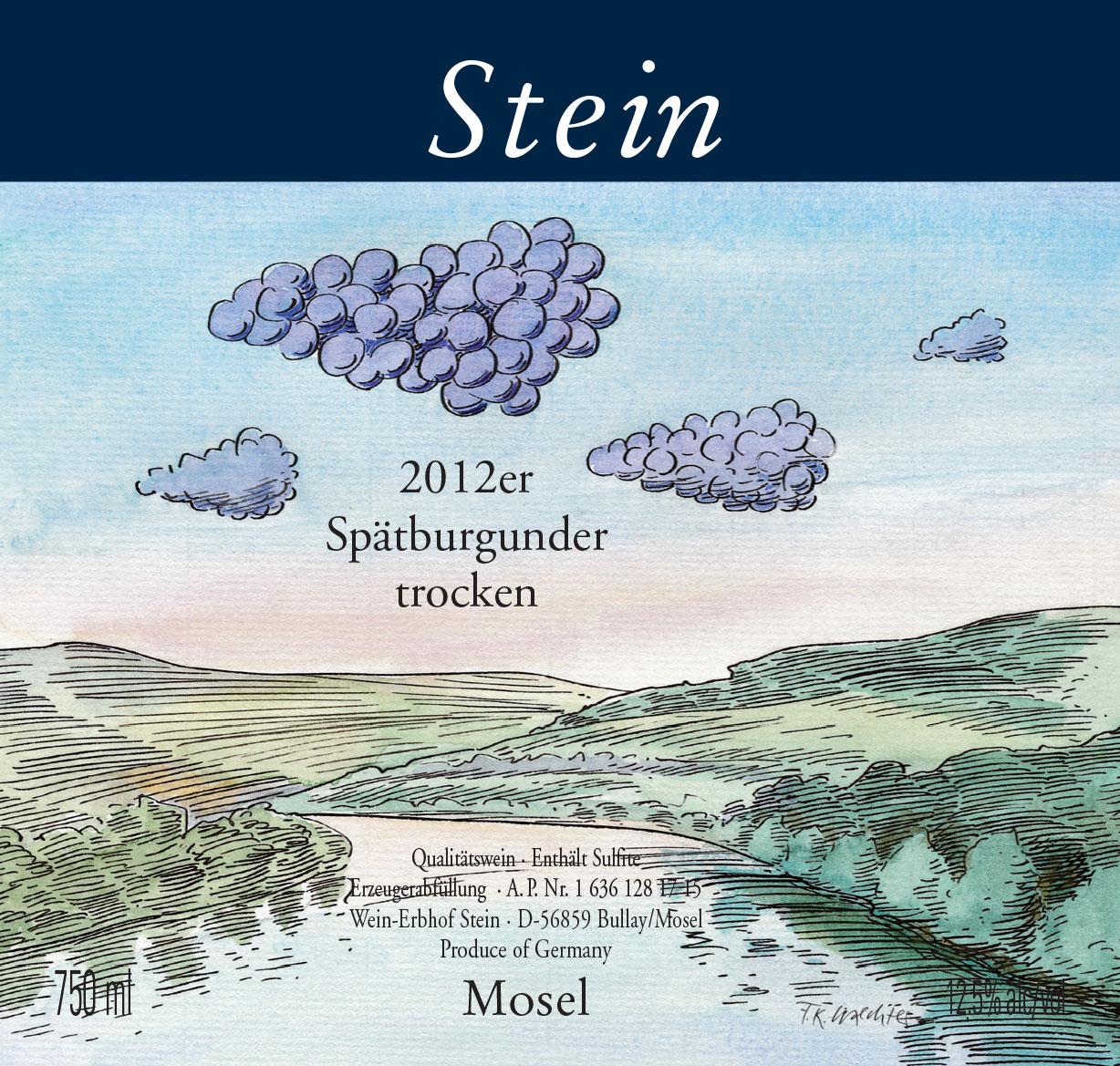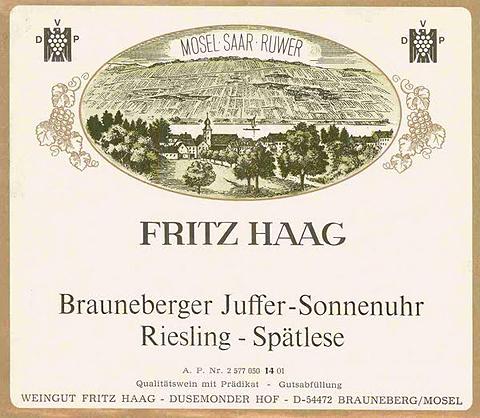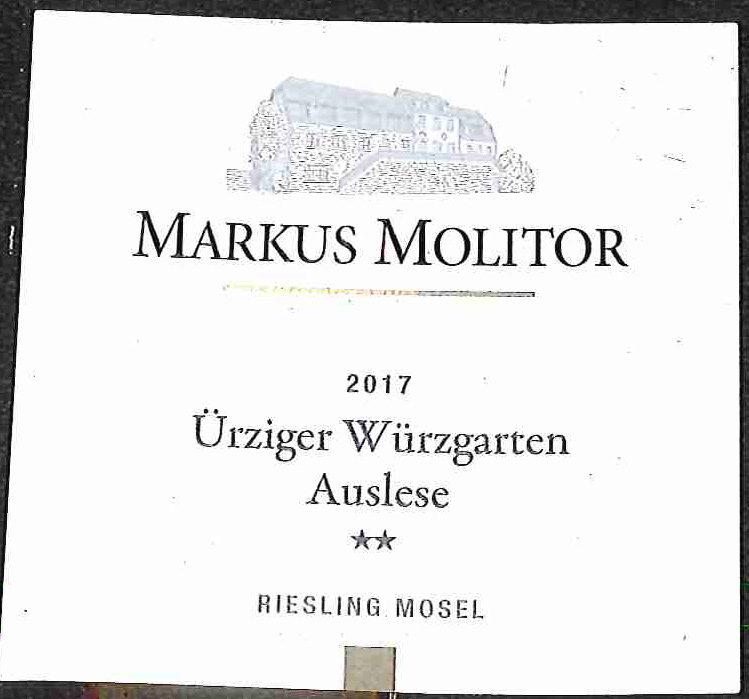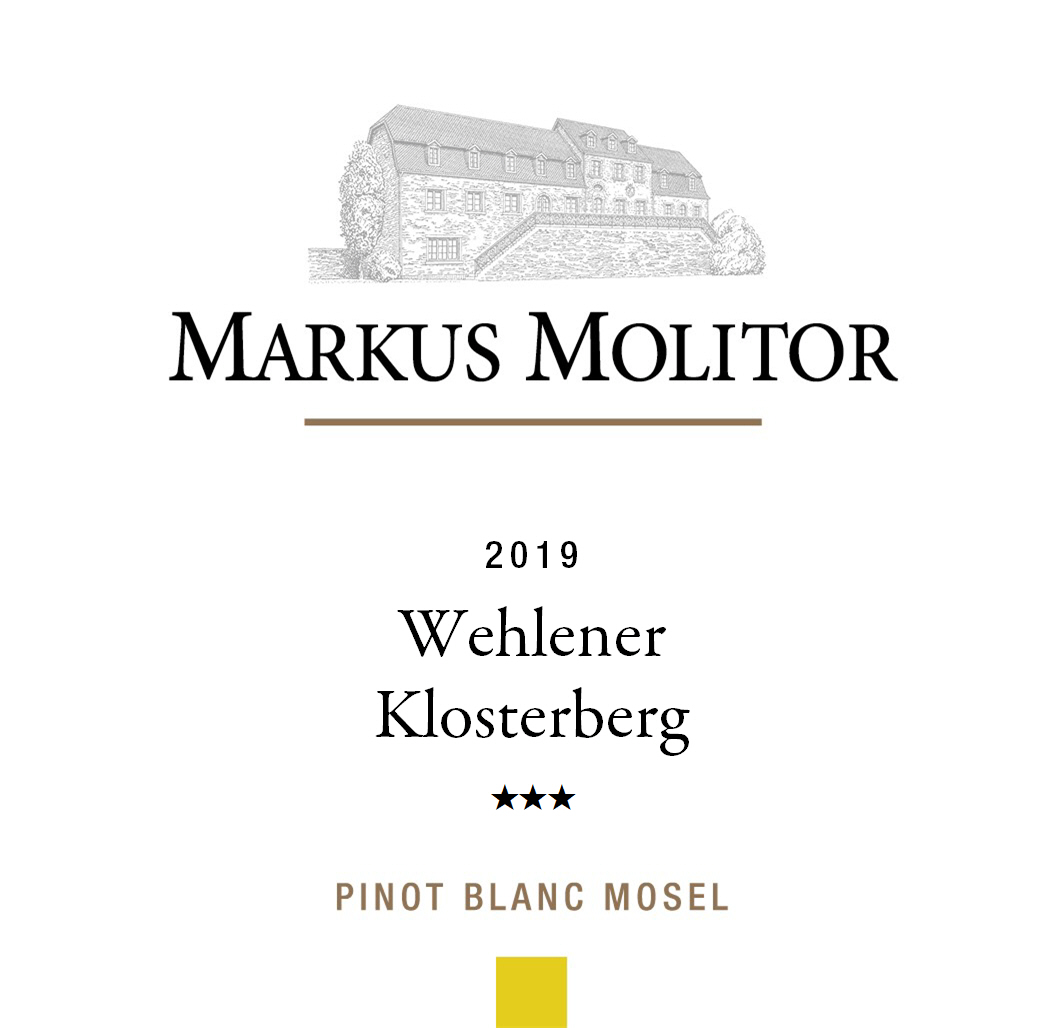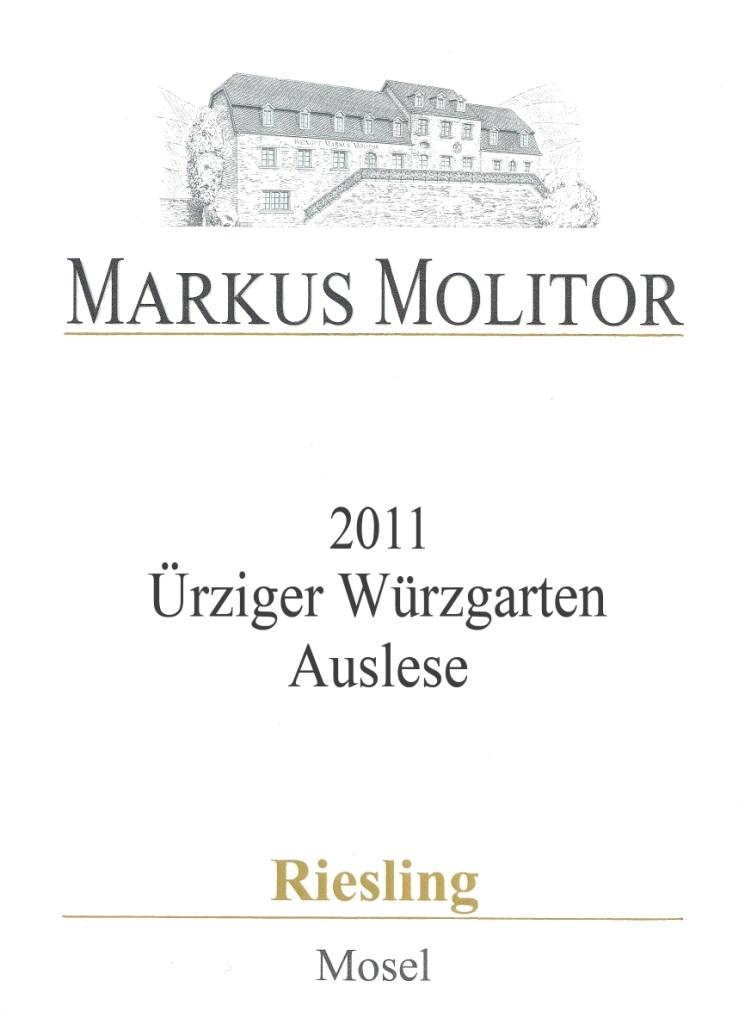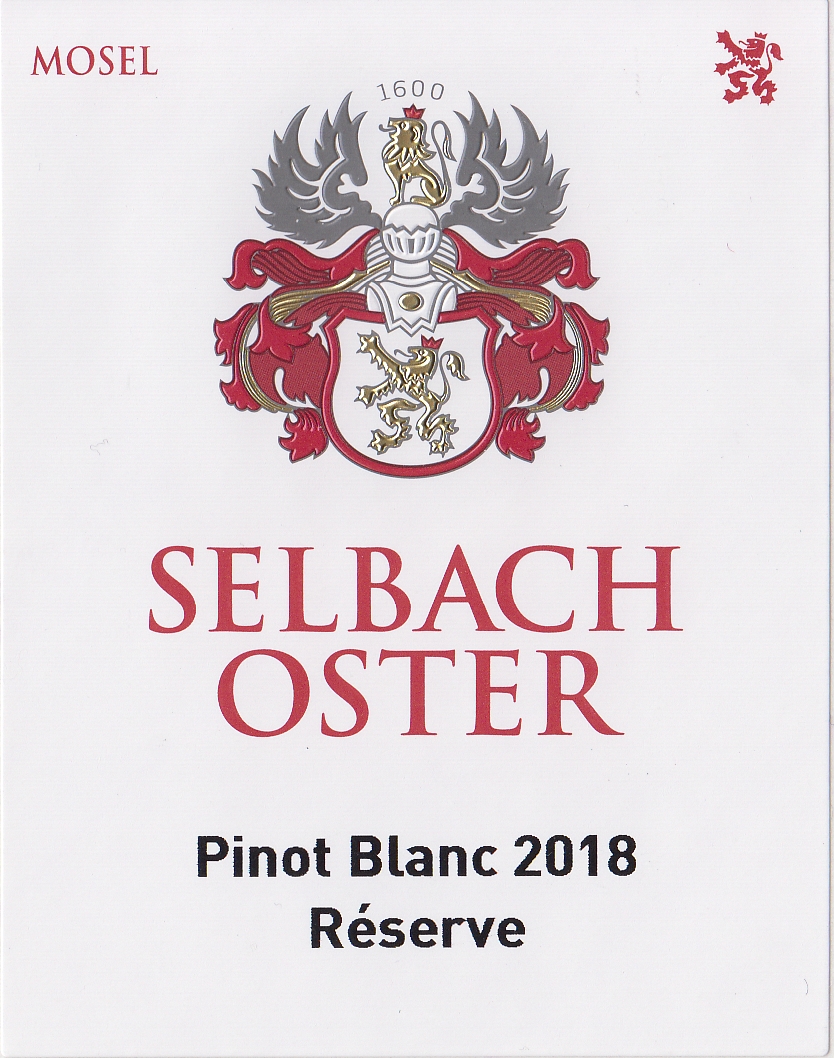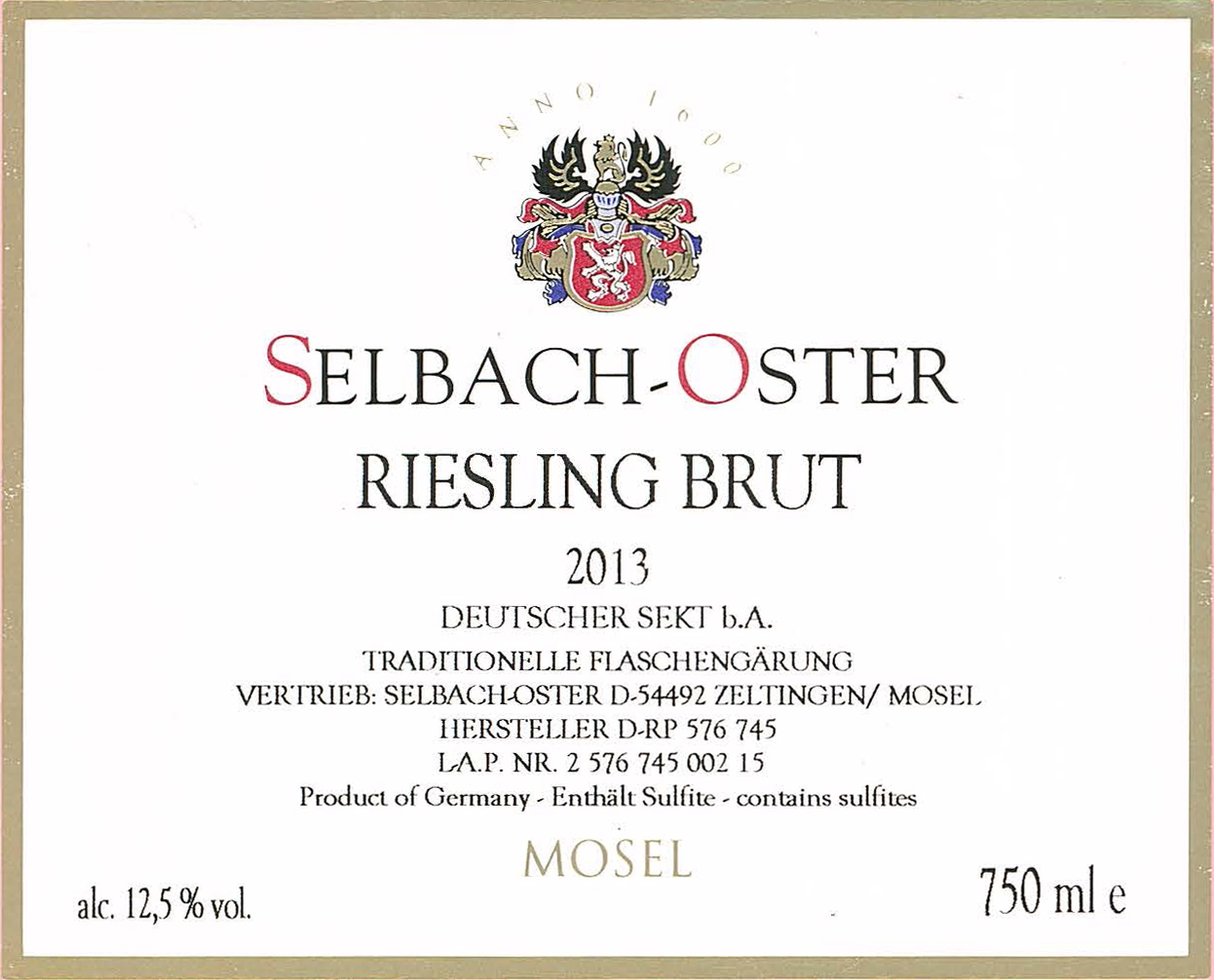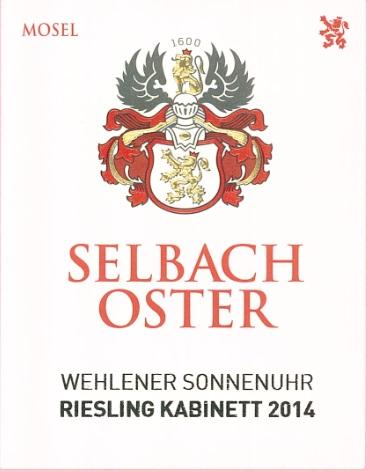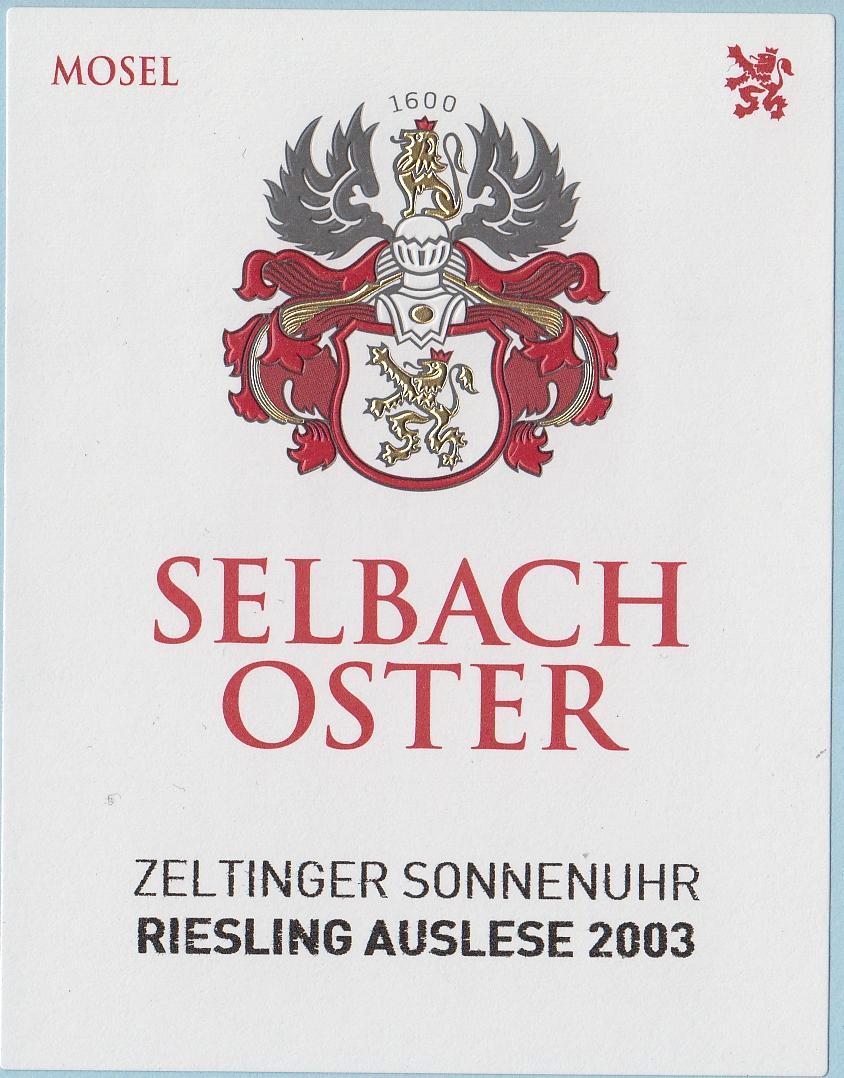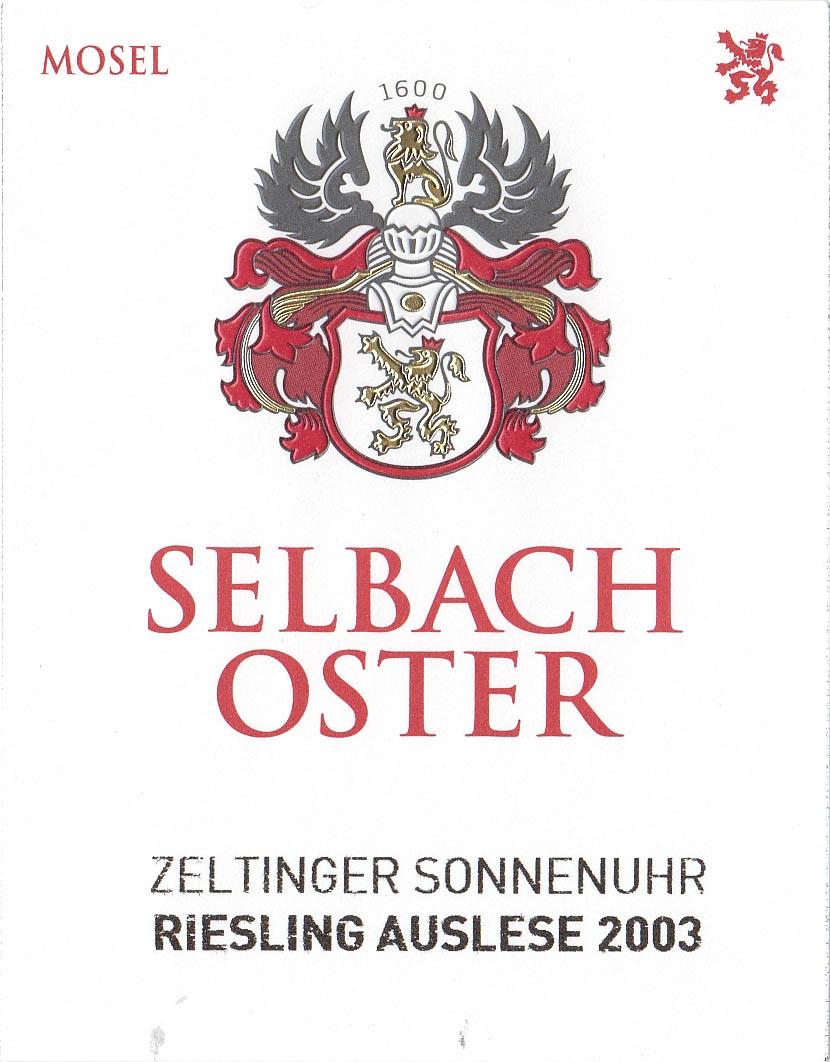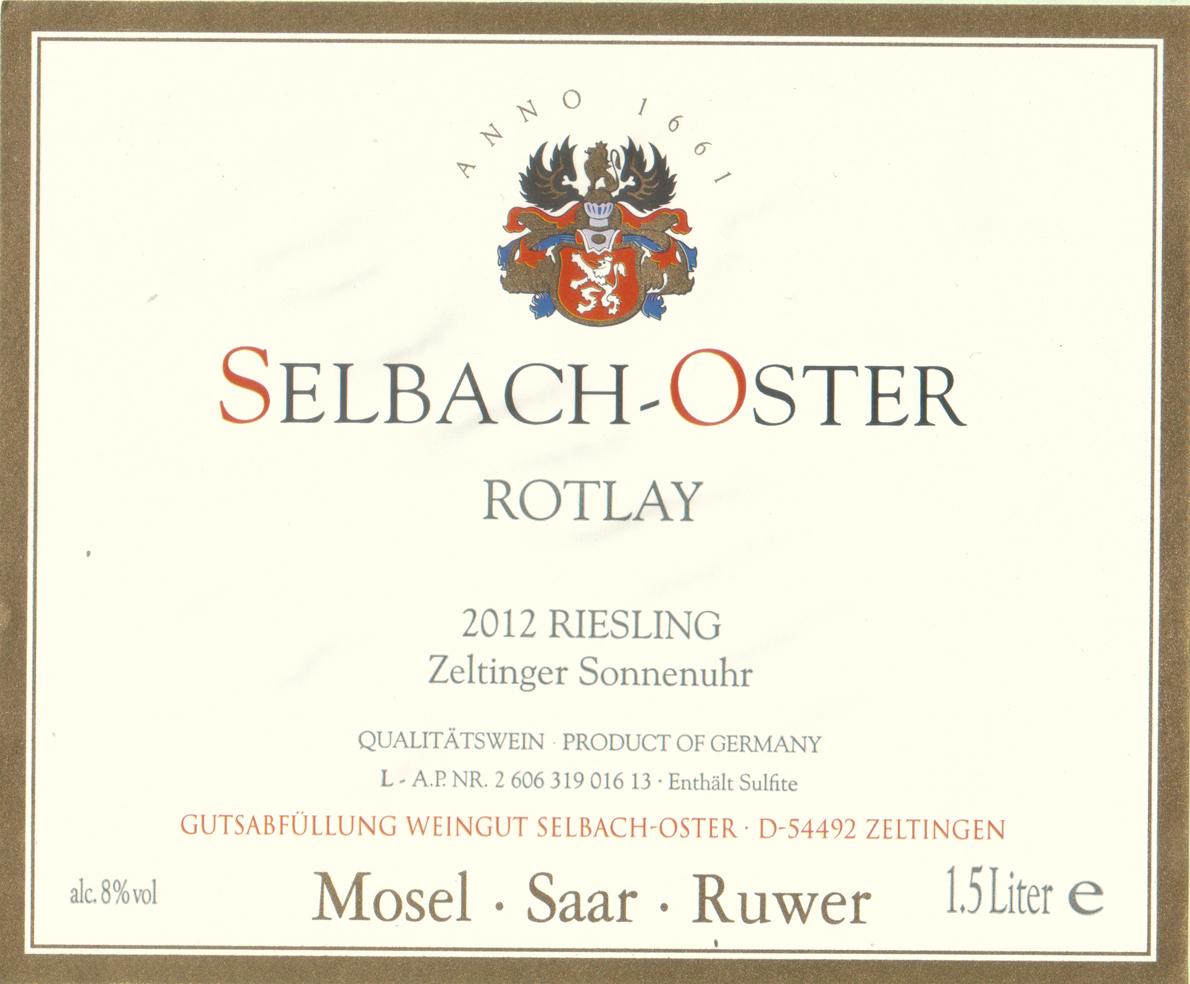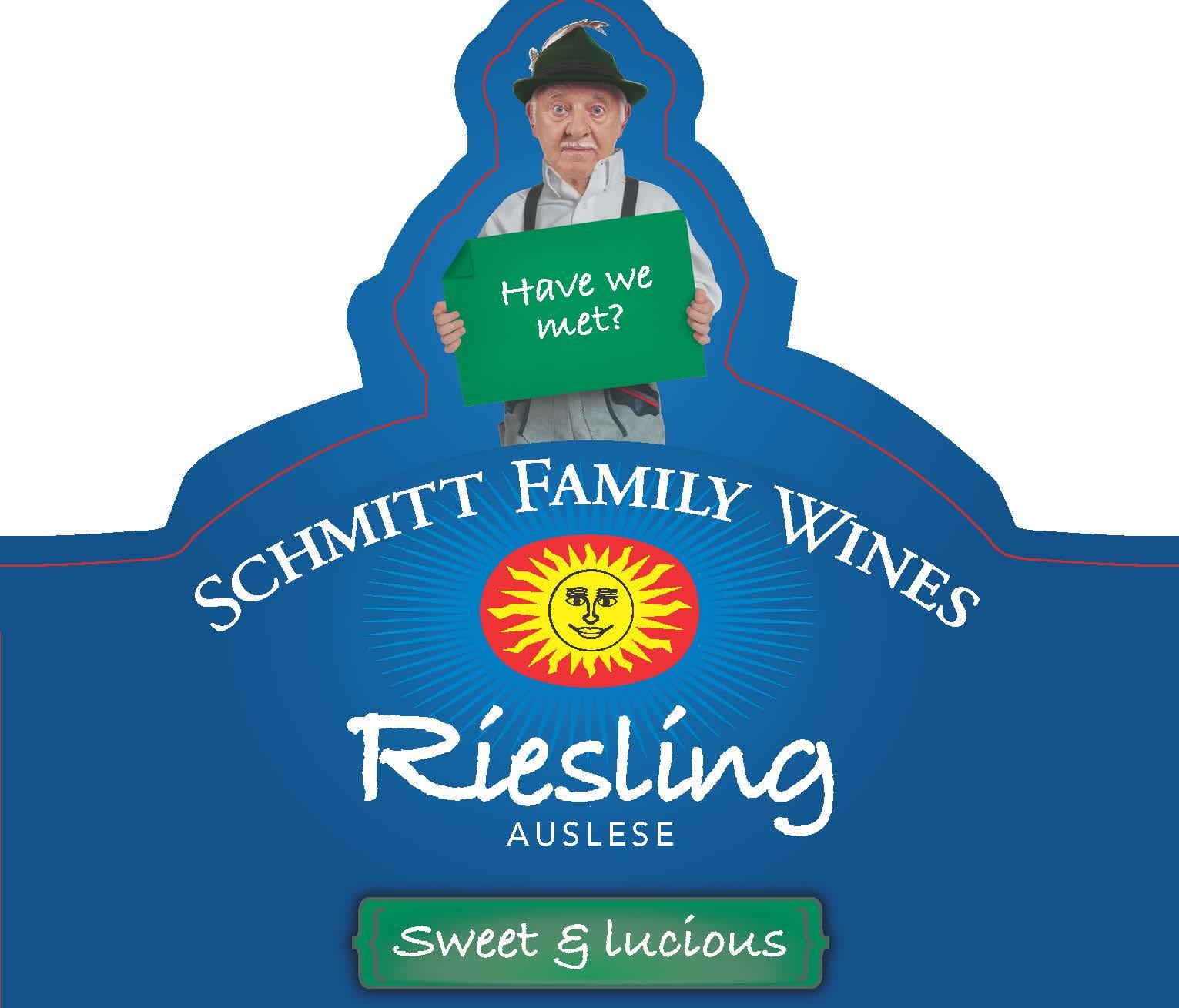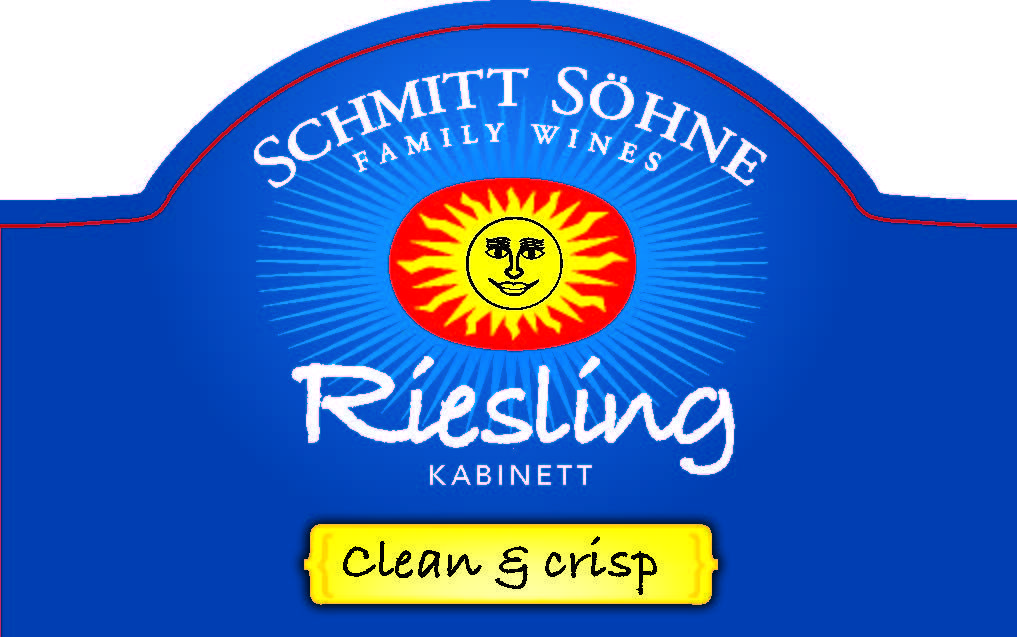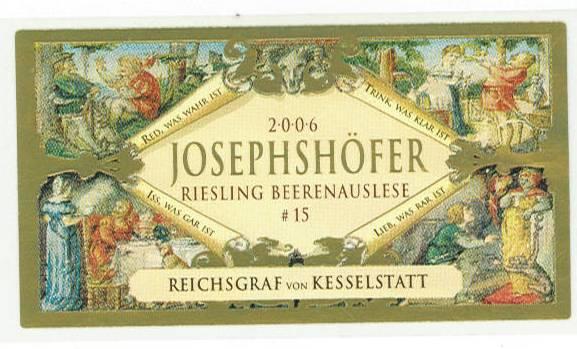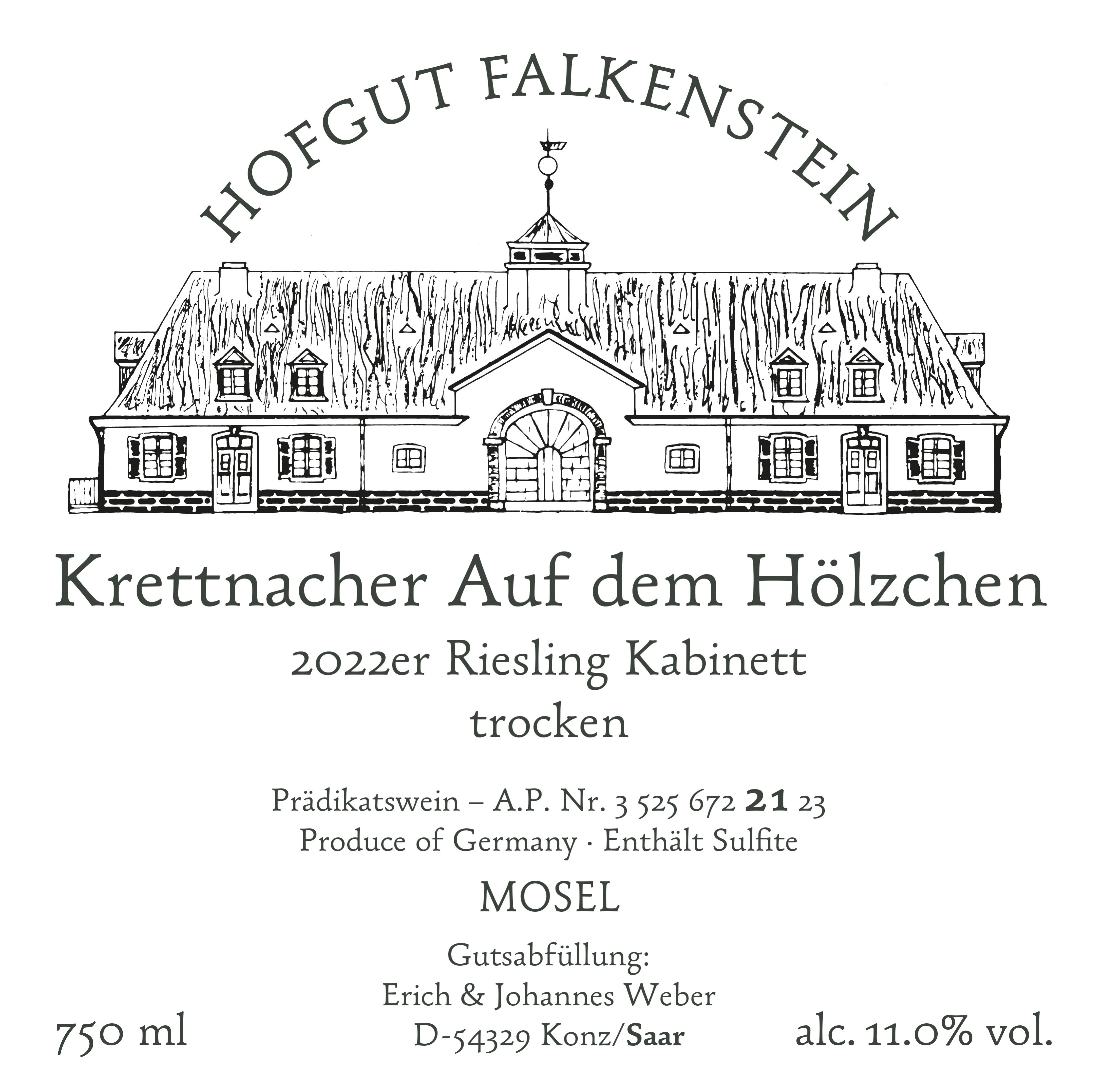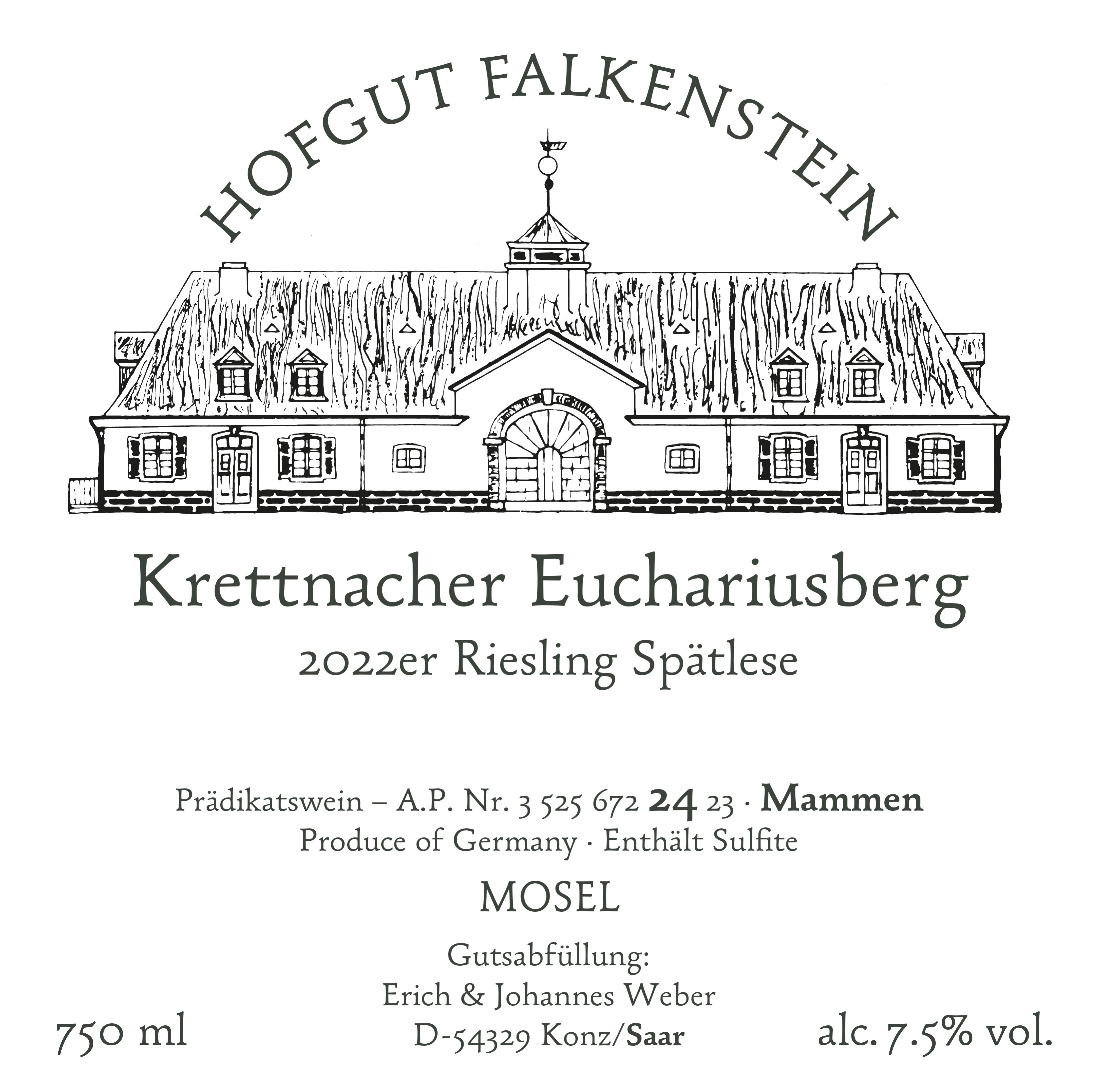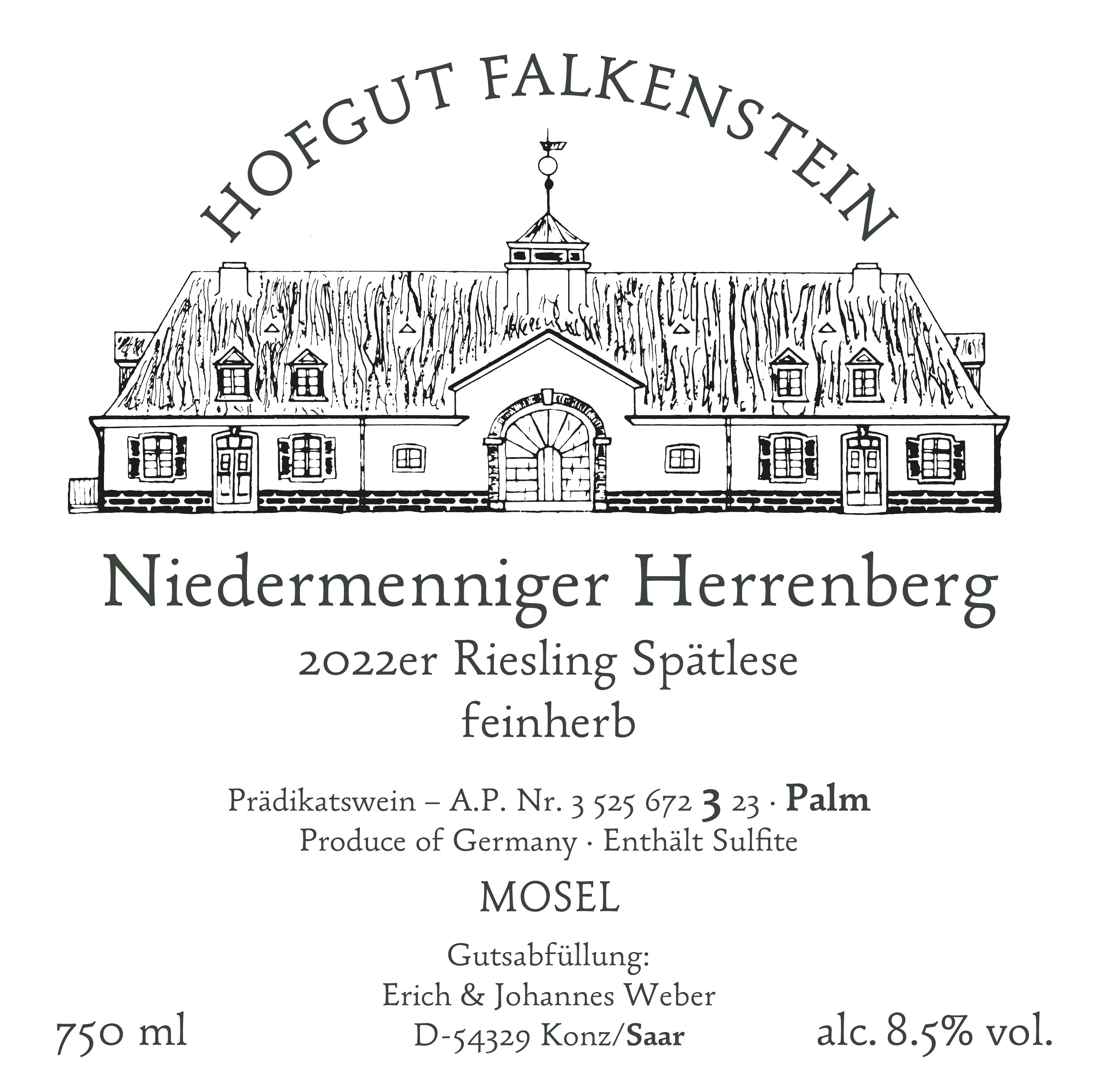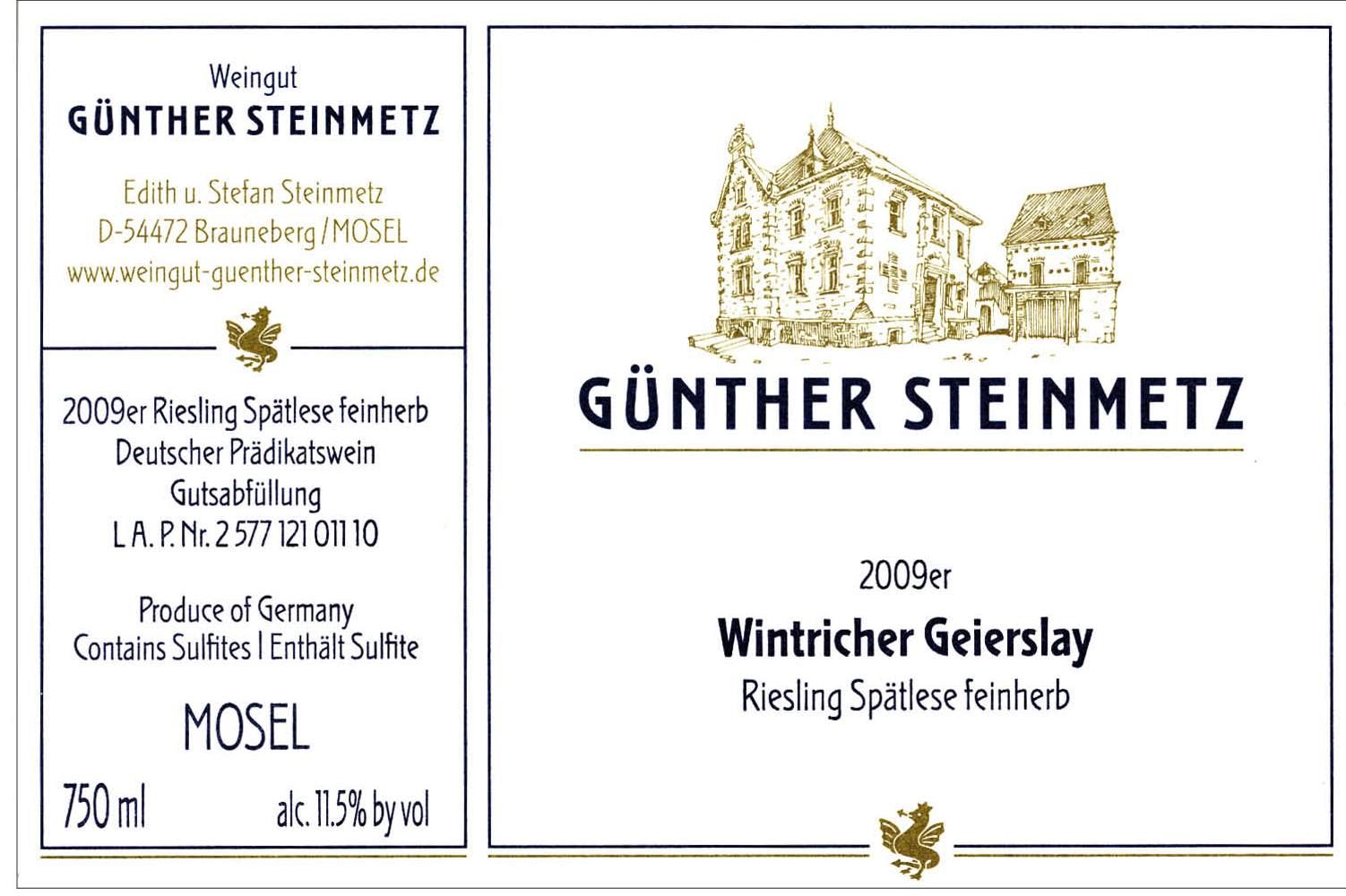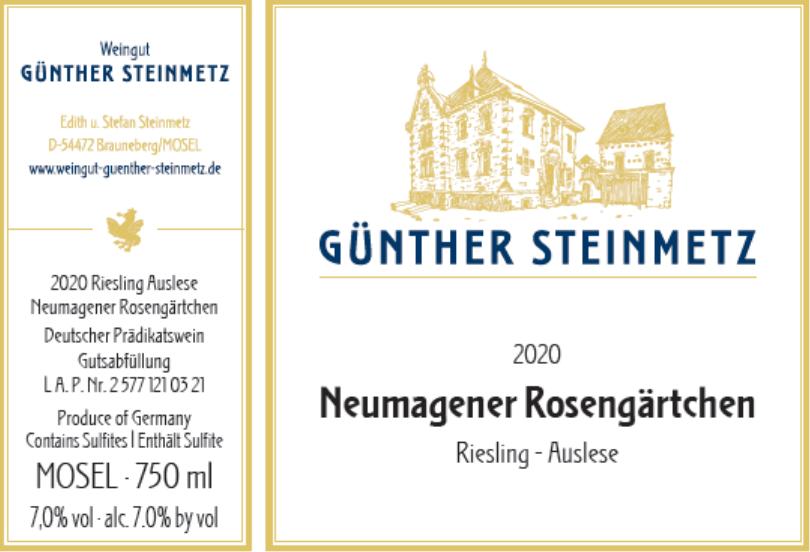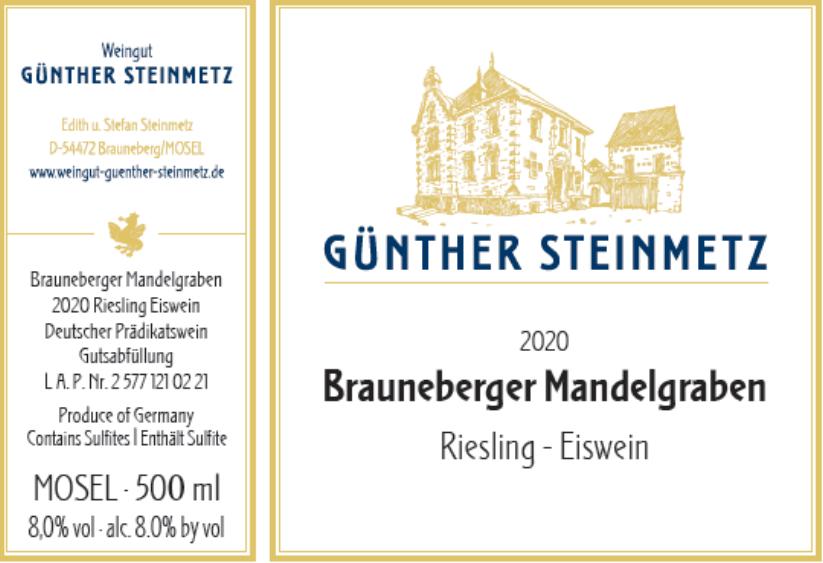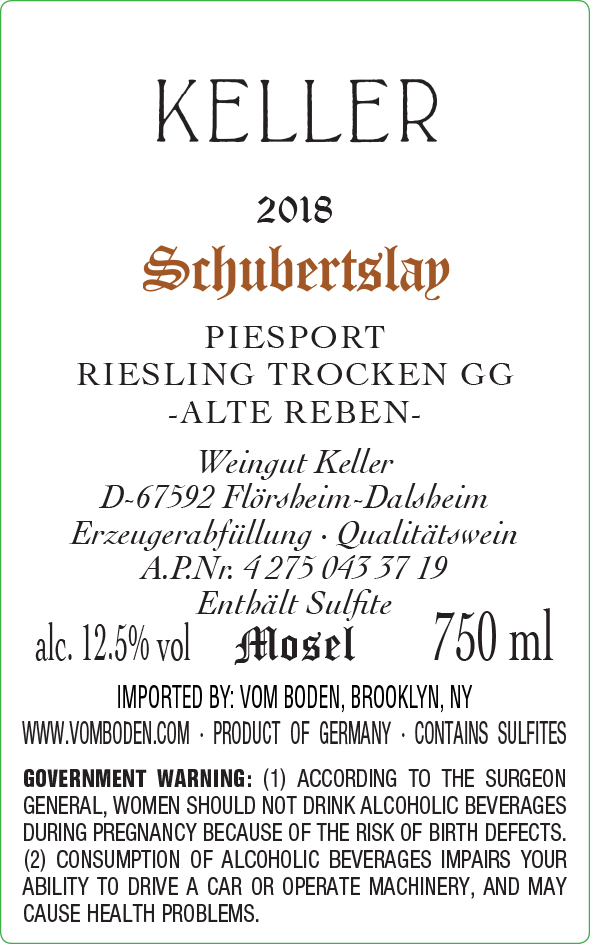Terroir of Mosel
Mosel enjoys a cool, northern continental climate, essential for producing its world-renowned Rieslings. The region’s long growing season, extending from April to October or even November, allows grapes to mature slowly, enriching their flavors while preserving high acidity. Such conditions are perfect for crafting wines with low alcohol and complex aromas.
The terroir is a blend of three key elements: the Mosel River, steep vineyard slopes, and Devonian slate soils. The river reflects sunlight and moderates temperatures, protecting vines from frost. The steep slopes ensure optimal sun exposure, necessary for full grape ripening. Meanwhile, the slate soils, rich in minerals, absorb and release heat, contributing to the wine's distinctive mineral essence. This unique combination defines the character and prestige of Mosel wines, celebrated globally for their elegance and longevity.
Notable Wineries in Mosel
The Mosel region is a treasure trove of exceptional wineries, each contributing to its rich winemaking heritage. Among the elite, Weingut Egon Müller in Saar is revered for its age-worthy Rieslings from the Scharzhofberg vineyard. J.J. Prüm in Mittelmosel crafts wines of great delicacy and complexity, needing years to reach their peak. Dr. Loosen, also in Mittelmosel, champions Riesling styles that highlight unique terroirs. Fritz Haag offers classic Mittelmosel expressions, while Heymann-Löwenstein in Terrassenmosel focuses on robust, dry Rieslings. Rising stars like Peter Lauer in Saar and biodynamic pioneers like Rita & Rudolf Trossen in Mittelmosel are pushing boundaries.
These wineries, alongside innovative newcomers like Weingut Franzen in Terrassenmosel, continuously redefine Mosel's winemaking landscape, blending tradition with modernity.
Sustainable Winemaking in Mosel
The Mosel region exemplifies a commitment to sustainable winemaking, deeply rooted in its history and the challenges of its terrain. The area's steep slopes and ancient stone terraces have naturally encouraged low-impact farming for centuries. This tradition is now formalized through initiatives like “Lebendige Moselweinberge,” which aims to preserve the unique biodiversity and health of the vineyards.
Winemakers here are increasingly adopting organic and biodynamic practices, using methods like cover cropping and natural grazing to enhance soil health and biodiversity. The FAIR'N GREEN certification further supports sustainable efforts, focusing on environmental protection, social responsibility, and economic sustainability. As climate change presents new challenges, Mosel winemakers adapt by exploring cooler sites and refining vineyard management, ensuring the resilience and enduring quality of their renowned Rieslings.
Wine Tourism in Mosel
Wine tourism in the Mosel region is essential for keeping its winemaking traditions alive. It supports small, family-run wineries, helping them manage the high costs of cultivating steep slopes. Visitors can explore the Mosel’s beauty through river cruises, hiking, and cycling. The Moselsteig Trail offers breathtaking views, while the Mosel Cycle Path is ideal for casual cyclists.
Wineries offer tastings and tours, often featuring local foods. Key spots include Trier, known for Roman ruins, and Bernkastel-Kues with its medieval charm. Festivals like the Mosel Wine Festival offer cultural experiences with wine and food. Meanwhile, the Via mosel' highlights architectural routes across Germany, France, and Luxembourg, enriching the wine tourism experience with a focus on design and culture.




